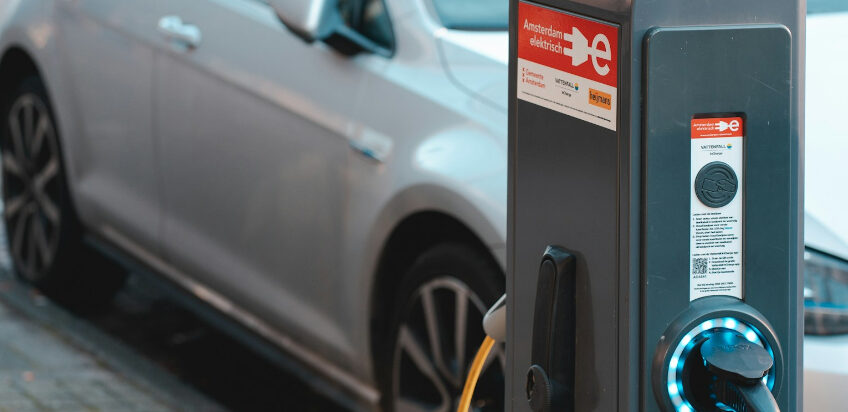As the global shift towards sustainable transportation accelerates, New Jersey is positioning itself as a leader in the adoption of electric vehicles (EVs). The state’s legal framework is evolving to support this transition, with a focus on expanding infrastructure, providing incentives, and ensuring the integration of electric vehicles into the fabric of New Jersey’s transportation landscape. This blog post provides a comprehensive overview of the current laws and regulations governing electric vehicles and charging stations in New Jersey, exploring how they impact consumers, businesses, and the environment.
The Rise of Electric Vehicles in New Jersey
New Jersey’s commitment to increasing the adoption of electric vehicles is part of a broader strategy to reduce carbon emissions and combat climate change. With transportation accounting for a significant portion of the state’s emissions, shifting to electric vehicles offers an effective means to achieve environmental goals and improve air quality.
Key Legislation and Regulations
- The Electric Vehicle Incentive Program: New Jersey has implemented several incentives to encourage residents to purchase electric vehicles. The “Charge Up New Jersey” program offers significant rebates at the point of sale for new EV purchases or leases, depending on the model and the price of the vehicle. These incentives make EVs more accessible and affordable for a broader range of consumers.
- EV Charging Station Installation Incentives: To support the growth of electric vehicles, New Jersey provides financial incentives for the installation of EV charging stations. These incentives are available to property owners, businesses, and municipalities that wish to install public or semi-public charging infrastructure. This initiative not only enhances convenience for EV owners but also encourages businesses to cater to this emerging market.
- Mandatory EV Charging Infrastructure in New Developments: New Jersey law requires new commercial and multifamily residential developments to include EV charging infrastructure in a certain percentage of their parking spaces. This forward-thinking regulation ensures that the state’s charging capacity grows in tandem with the number of EVs, preventing future bottlenecks and promoting wider EV adoption.
- Utility Regulations for EV Charging: The New Jersey Board of Public Utilities has set forth regulations that allow utilities to own and operate EV charging stations, setting rates that promote the deployment of charging infrastructure while ensuring fair pricing for consumers. This approach helps to expand the charging network rapidly while maintaining regulatory oversight.
Environmental and Economic Benefits
The push for electric vehicles is expected to bring substantial environmental benefits by reducing pollutants that contribute to smog and poor air quality. Economically, the proliferation of EVs can lead to lower fuel costs for consumers and reduce dependency on imported oil, fostering greater energy independence.
Challenges and Considerations
Despite the progress, there are challenges to the widespread adoption of EVs in New Jersey:
- Infrastructure Scalability: While incentives for charging stations are in place, the actual deployment needs to match the pace of EV adoption to avoid underutilization or over-demand.
- Technological Advancements: As EV technology evolves, New Jersey’s regulations and incentives will need to adapt to new types of vehicles and charging technologies, such as ultra-fast charging and wireless charging.
- Equity and Accessibility: Ensuring that all communities, including low-income and rural areas, have access to EVs and charging stations is crucial for equitable clean energy transition.
What EV Owners and Prospective Buyers Should Know
For current and prospective EV owners in New Jersey, understanding the specific benefits and responsibilities under state law is key. They should familiarize themselves with available incentives, local zoning laws regarding charger installation, and any upcoming legislation that might affect EV ownership.
Conclusion
New Jersey’s legal framework for electric vehicles and charging stations is designed to support a smooth transition to a greener future. By staying informed about these laws and taking advantage of available incentives, consumers and businesses can contribute to a more sustainable and environmentally friendly transportation system. As the state continues to refine and expand its EV policies, it sets a precedent for others to follow, driving forward the national commitment to reducing carbon emissions and promoting renewable energy sources.
